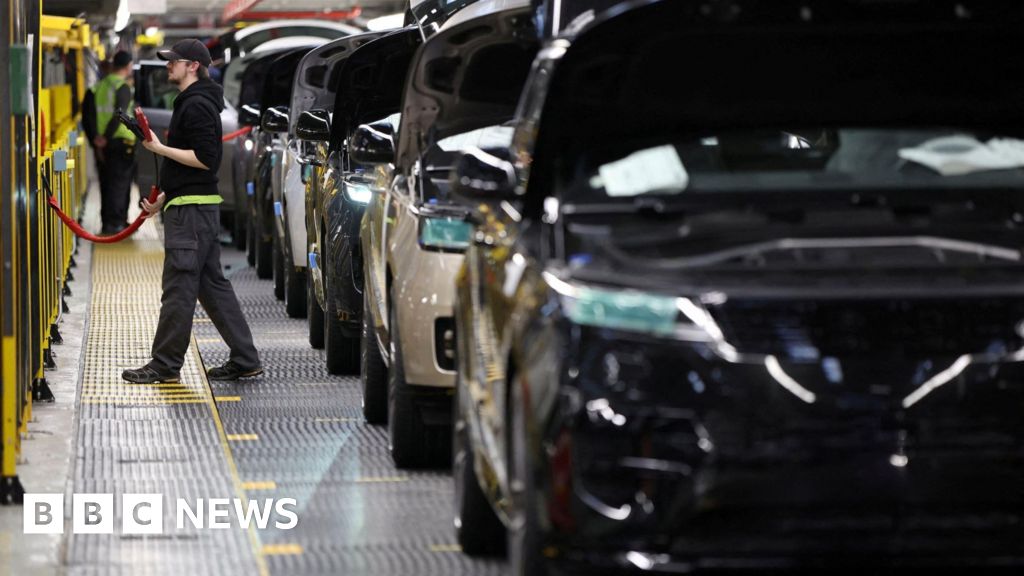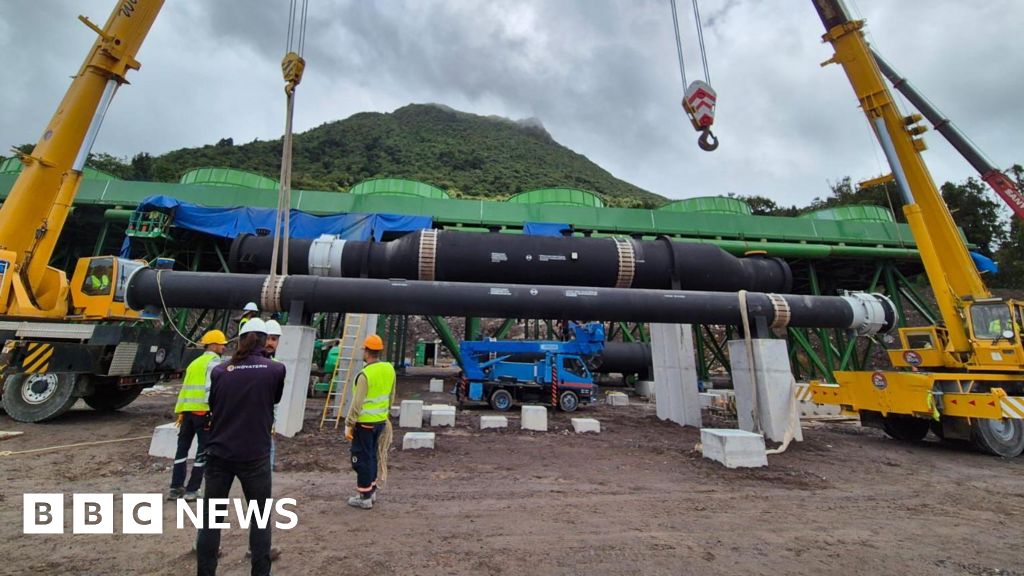ARTICLE AD BOX
By Noor Nanji
Business reporter, BBC News
Image source, Getty Images
A rail workers' union has said its demands for a pay rise are "not unreasonable", after its members voted to hold a national strike.
The RMT Union said some railway workers have had their pay frozen for three years.
The Department for Transport said strikes should be the last resort.
A spokesperson said: "It is hugely disappointing and premature that the RMT is calling for industrial action before even entering discussions."
The prospect of a national strike threatens major summer travel disruption across the UK.
Eddie Dempsey, assistant general secretary at RMT, told the BBC that some of their members "are in the third year of a pay freeze this year".
"Don't forget we kept this country moving during the pandemic, we've tightened our belts, we haven't had a pay rise. At the same time, the private companies made bumper profits," he said.
Mr Dempsey said the union is calling for a pay rise, job security and no compulsory redundancies.
"That's not unreasonable in the current day and age is it," he said.
The RMT union has said its leaders will meet to discuss a timetable for strike action from mid-June.
Mr Dempsey said he hoped a deal could still be reached, adding that the union "urgently" needed to sit down with industry and with the government.
"The quicker we do that, the quicker we can get a settlement, and hopefully we won't have to take the next step of announcing strike action."
Image source, Getty Images
Image caption,National strike action could cause widespread travel disruption over the summer
The strike ballot of National Union of Rail, Maritime and Transport Workers saw 89% vote in favour of a strike and 11% against. Some 71% of RMT's 40,000 members voted.
Workers at Network Rail, which maintains the UK's railway infrastructure, have not taken part in a national strike since 1994.
The union said the company planned to shed 2,500 maintenance jobs as it tried to make £2bn of savings over the next two years.
If Network Rail staff, which include signallers, walk out, it will affect both passenger services and the movement of goods by train, including bulk consignments of fuel and some food, experts say.
Trains might only run for part of the day, such as from 07:00 to 19:00 BST and only on main lines. Services could also be reduced to around a fifth of the normal weekday timetable, they add.
The Department for Transport said the RMT's vote in favour of strike action "threatens to pull the plug on the life support that has kept the [railway] network alive".
The spokesperson added: "We urge the RMT to reconsider and accept the invitation of industry talks, so we can find a solution that delivers for workers, passengers and taxpayers alike.
"If they don't, they not only risk irreparable damage to our railways but to our economy and country too."

 2 years ago
45
2 years ago
45








 English (US) ·
English (US) ·